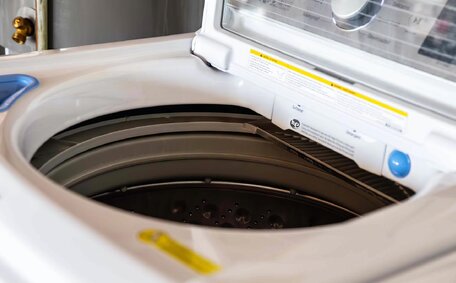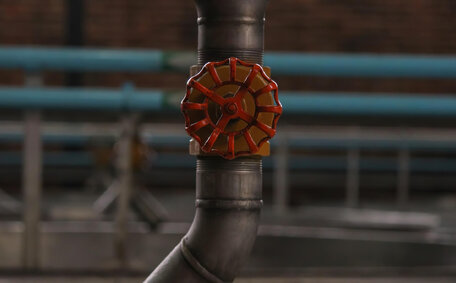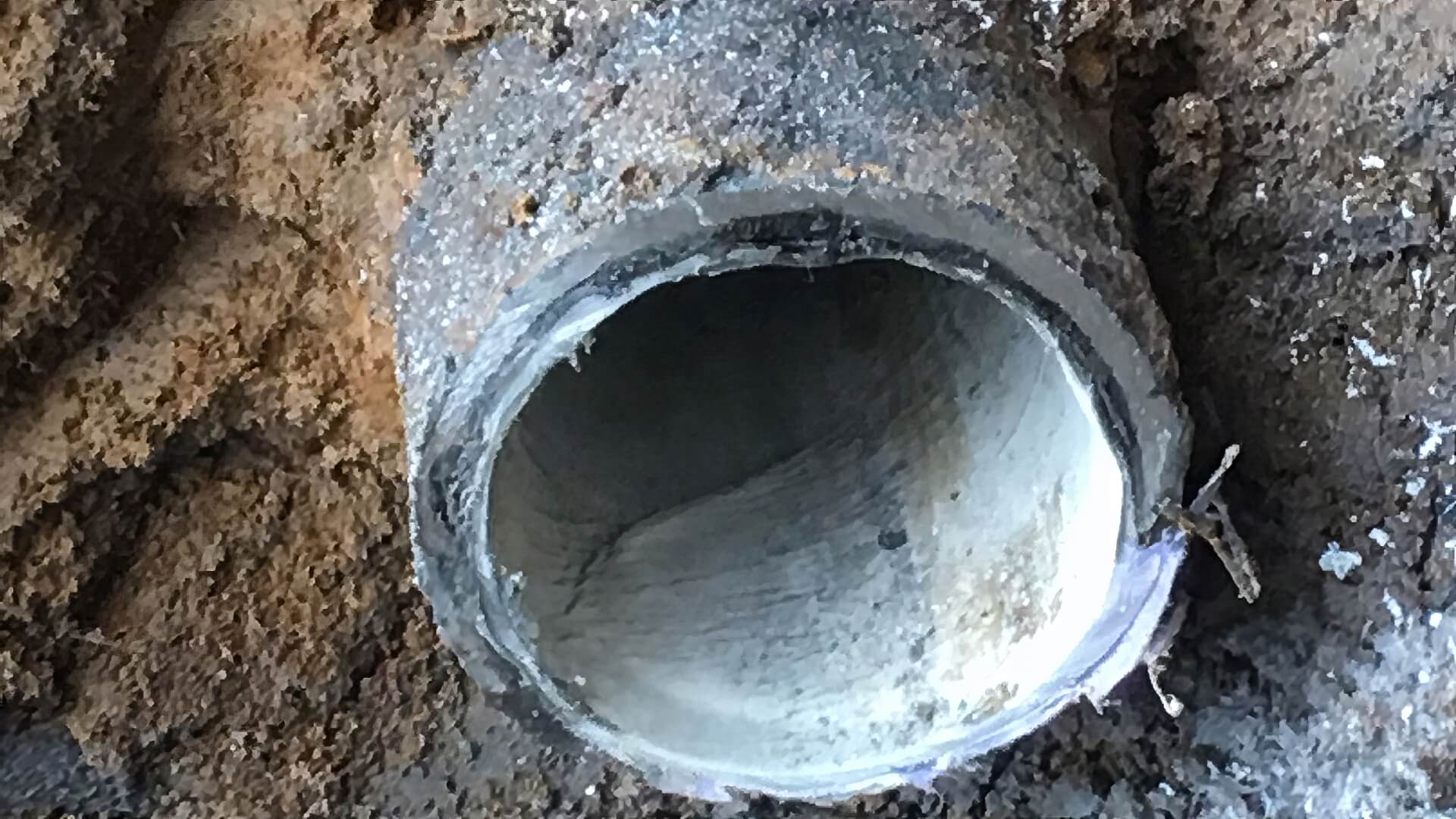Understanding Gas Appliance Efficiency
Gas appliances such as stoves, ovens, and heating systems, run on natural gas or LPG, aiming for efficient energy use during heating and cooking processes. Their efficiency is determined by the percentage of energy input transformed into practical energy output during operation.
Higher efficiency ratings mean greater energy savings and reduced costs, indicating that a larger proportion of gas energy is effectively used, not wasted, for applications like home heating or pool heating. This leads to lower energy bills and a diminished environmental impact over time.
The energy rating label on gas appliances can provide an efficiency star rating out of 6 stars, which indicates their performance and operational costs against similar models, showing you how much better they perform. New gas appliances must meet a minimum standard, but higher ratings lower energy costs more over their lifespan.
Regularly maintain your appliances and operate them at full capacity to ensure peak efficiency. This includes cleaning your washing machine filters, preventing issues that could decrease performance. Upgrading old, inefficient gas appliances to newer, more efficient models can make much more than a substantial reduction in your energy and bill costs.
Heating hot water and gas heating combined can represent around 40% of the energy consumption in your home. Staying abreast of your heater and other gas appliance efficiency is key to excelling in energy management and reducing total energy costs.
Age and maintenance impact
Older gas appliances, particularly in high-use areas such as kitchens, tend to be less energy-efficient compared to newer models. As the age of your gas stove, oven, hot water system or heater increases, performance and efficiency declines.
Regular maintenance and smart changes can effectively limit the amount energy expended, adhering to the ACT Government’s energy-saving recommendations for efficient utility. Simple tune-ups like cleaning or replacing filters can optimise functionality. Professional servicing by qualified technicians can also identify issues early.
Nevertheless, as gas appliances age, they may become highly inefficient, rendering maintenance insufficient to appreciably diminish energy usage and environmental influence. Upgrading to a newer, high-efficiency electric gas model can save significant energy and lower bills.
Learn further about our recommendations on new gas appliance compliance with Australia’s stringent energy performance criteria and uncover additional benefits or seek professional advice. Replacing appliances older than 10 years can improve efficiency by 30 per cent or more, signifying that new appliances can save considerable amounts of money over time.
Compare energy ratings when upgrading
When selecting induction stoves or replacing less efficient cooking appliances, the energy rating emerges as an important factor to consider.
Gas appliances in Australia must display an energy rating label from 1 to 6 stars, indicating their energy efficiency and running costs. The more stars, the better the performance and the more energy is saved.
Upgrading from a 0-2 star to a 5-6 star rated gas appliance can reduce your energy use and expenditure by a minimum of 30%. over the 10+ year lifespan of an appliance, those savings could save hundreds on your annual expenses.
As well as cost savings, especially during peak times, higher rated appliances lead to reduced gas use, which benefits the environment by generating fewer greenhouse emissions and assists in transitioning off gas.
When planning your next appliance investment or equipping a new abode, take action by pondering home energy ramifications alongside comparing energy ratings. Setting your sights on 5-6 star models where possible is an investment that pays off for years through lower your electricity bills.
Switching to More Efficient Electric Appliances
Switching from traditional gas appliances to energy-efficient options like induction cooktops and heat pumps is an effective way to reduce expenses and support an all-electric home.
Modern electric appliances exhibit up to 60% enhanced energy efficiency, consuming significantly less electricity relative to gas models. They also prove to be a more environmentally conscious choice, yielding fewer carbon emissions.
Conversing with your energy retailer about scheduling the upgrade of your stove oven and outdated gas cooktops and water heaters to advanced electric models might result in the average household saving over $1,000 annually on energy expenditures.
Even though gas per unit may cost less than electric options, orchestrating electric appliances with strategic efficiency can substantially slash consumption, assuring homeowners of net savings with every passing day.
Before taking appliances off wall plugs in your current setup, ensure to have a certified plumber assess your gas infrastructure. They can determine if new appliances might be advantageous and guide you on electrical improvements, facilitating how your home can embrace advanced technologies like induction or heat pumps.
Heat pumps for heating and cooling
An air conditioner with reverse cycle technology excels in both heating and cooling, showcasing energy-efficient innovation. They transport warmth instead of producing it afresh, which means heating hot spaces with a marked reduction in heat loss when compared to traditional gas furnaces or boilers.
Air source heat pumps extract heat from the external environment to effectively warm your home, enhancing indoor air quality even during cooler weather. The identical system can also provide reversecycle air for heating water or utilise reverse cycle air conditioning to keep your home cool during the summer months.
In the context of Australian homes, heat pump systems typically consume about 50% less electricity than gas or traditional electric heaters. This means you’ll need leave your worries about high energy bills behind while also compensating with a reduced carbon footprint.
For your heating and hot water requirements, heat pump systems consume approximately 50% less power than traditional gas instantaneous water heaters, enhancing cost-effectiveness. This saves the average household $200-300 per year on water heating costs alone.
Heat pump technology can provide heating, cooling, and hot water all at once, greatly reducing household energy use. Consult an expert who can help reduce uncertainty and determine if a switch could benefit your home.
Induction cooking benefits
Induction cooktops expertly cook up meals by efficiently heating pots and pans using electromagnetic energy, rendering them more efficient than traditional gas stoves. Induction only heats the cookware rather than wasting energy heating the surrounding air or cooktop surface.
Induction cooking offers several advantages:
- Induction cooktops enhance cooking efficiency with rapid boiling and fast temperature adjustments, delivering energy savings without sacrificing performance.
- It offers more precise temperature control than gas cooktops.
- Cooler cooktop surfaces reducing burn risk and allowing for air fryer use without excess heat
- Easy to clean smooth glass surface
- No open flames, reducing safety risks
With induction zones in your kitchen, ensure you’re cooking not only skillfully but also efficiently, as they use less energy for tasks such as boiling water, considering no power is wasted on the cooktop directly. This can save money over time.
Contemporary induction cooktops support a variety of cooking techniques, providing appropriate heat for slow cookers and reducing energy consumption while outpacing or rivaling gas stoves in speed, further enhancing safety and energy efficiency.
Available Rebates and Incentives
Elevating household utilities to models that don’t need as much energy can incur notable initial outlays, yet it may lead to significant energy economising over time. However, there are government rebates and incentive programmes aimed at assisting Australian households to make the switch.
Government schemes in specific areas provide interest-free loans to help offset the costs of transitioning to energy-efficient electric appliances and rooftop solar PV installations.
Reductions in energy bills over time generally outweigh the initial replacement costs of efficient electric appliances. But taking advantage of available rebates and incentives makes the switch even more affordable.
Examine our comprehensive guide to understand potential benefits from consulting plumbing professionals regarding government rebates or loans that facilitate the update of home gas appliances.
Contact Us for Professional Assistance
With over 25 years in the industry, Pennant Hills Plumbing has been aiding Sydney residents with installation, repair, and efficiency enhancement of gas appliances.
If you need advice on transitioning from gas to more efficient electric alternatives or want to learn more about available rebates, please get in touch.
Contact our team to discuss oven upgrades by calling, emailing, or booking an appointment:
- Call 1300 349 338
- Email jobs@pennanthillsplumbingservices.com.au
- Book online at www.pennanthillsplumbing.com.au
We service all areas across Sydney’s North Shore region and will happily answer your questions or provide quotes for upgrading appliances like stoves, hot water systems or heating.
Our licensed plumbers can inform you about the costs and advantages of transitioning from gas to electric appliances like induction cooktops and heat pumps.
We’re here to help you boost the efficiency of your home’s gas appliances.






